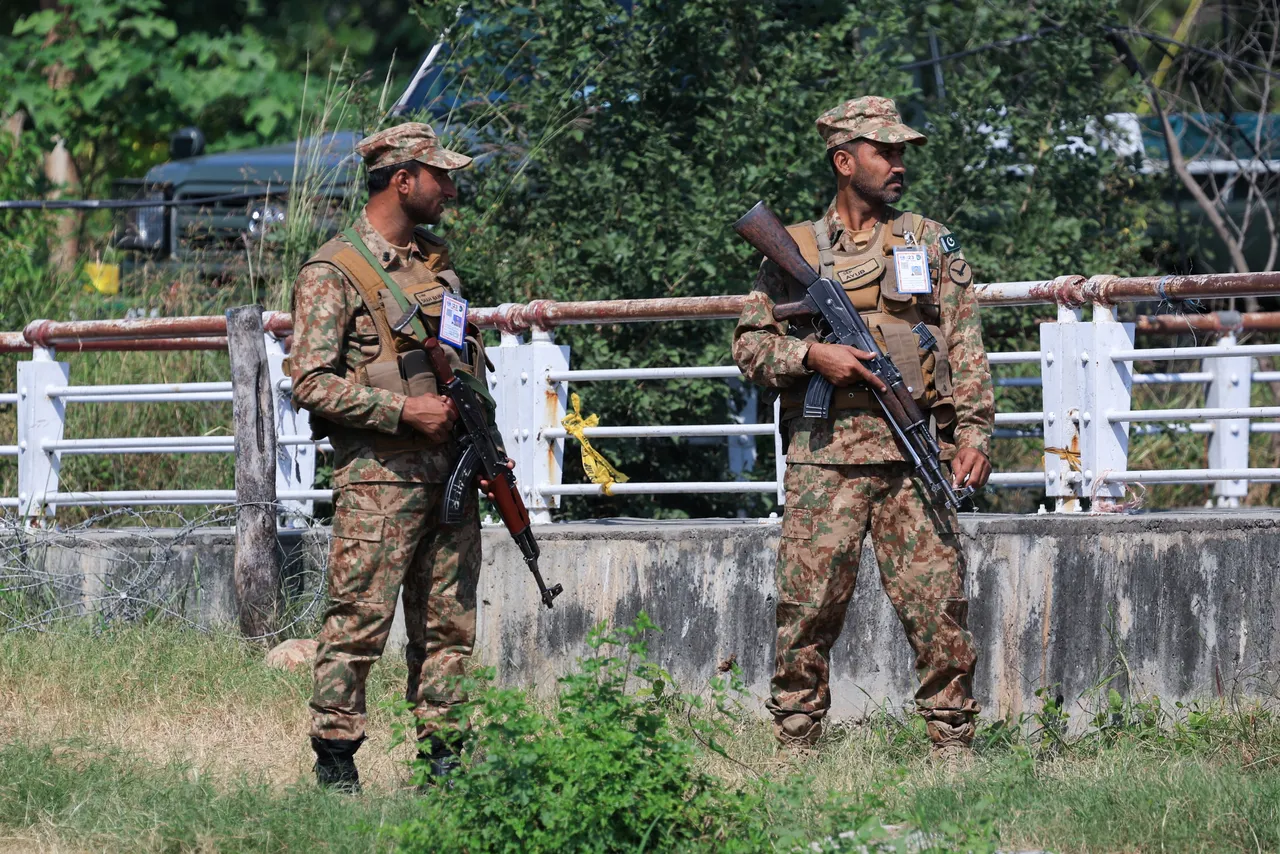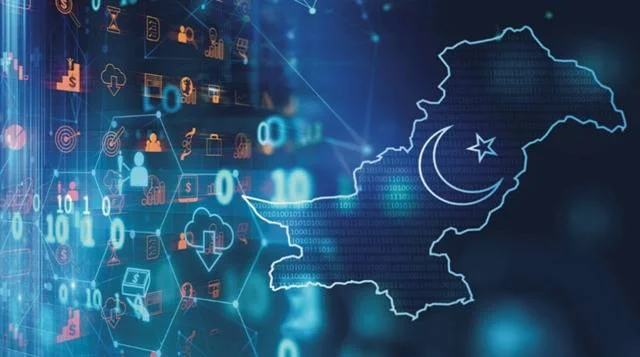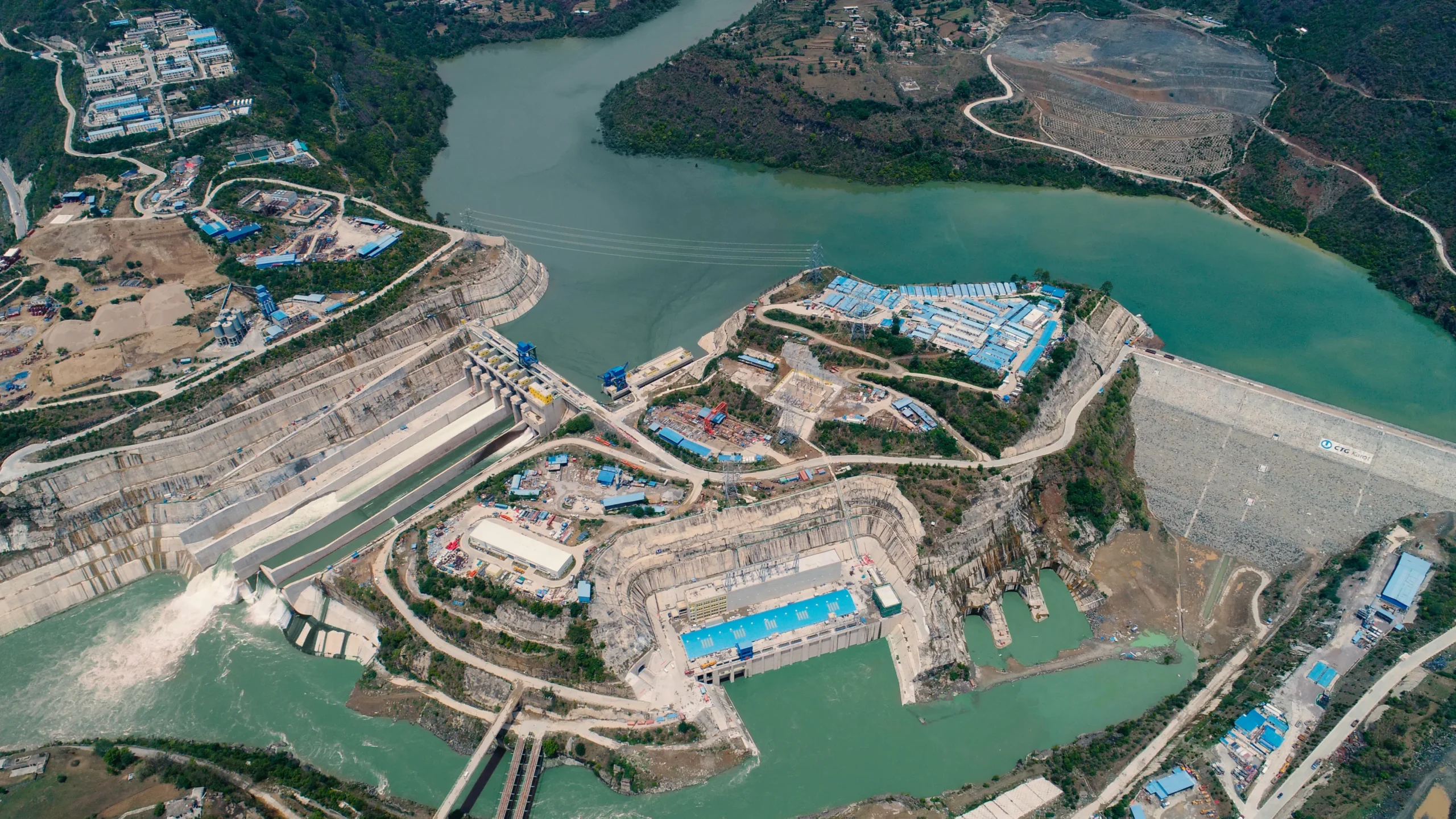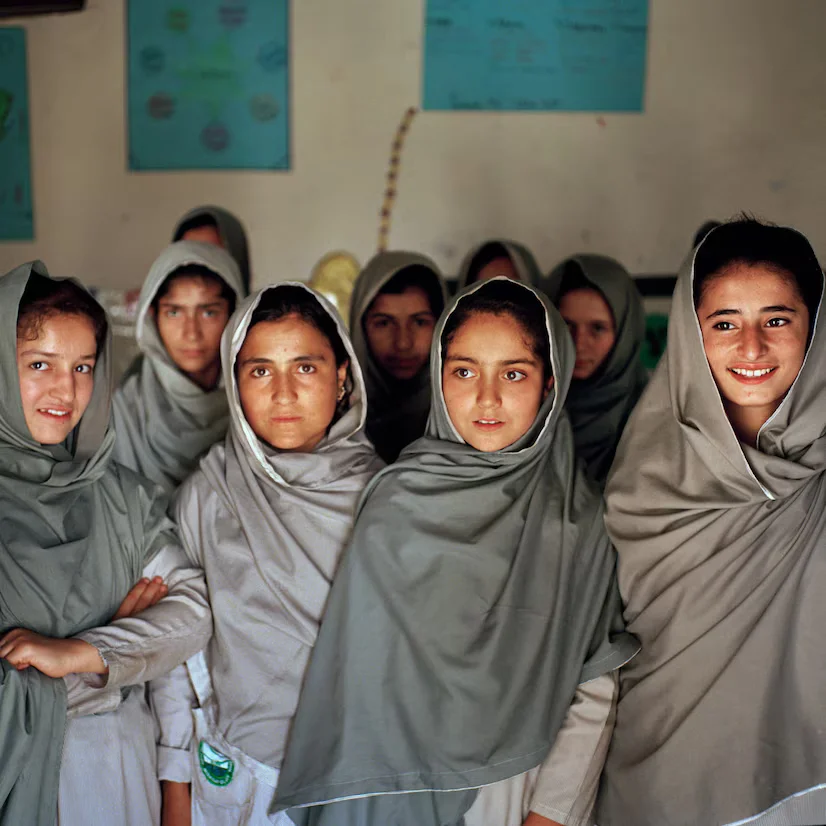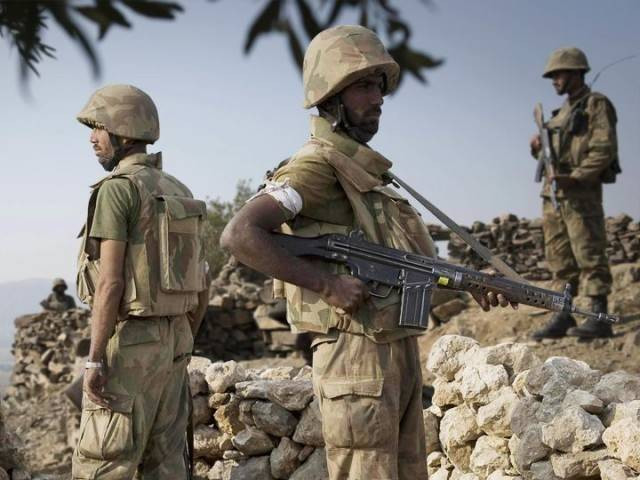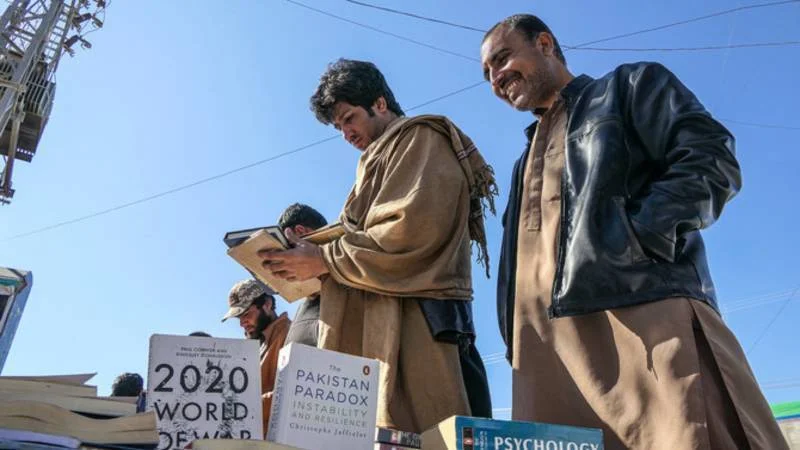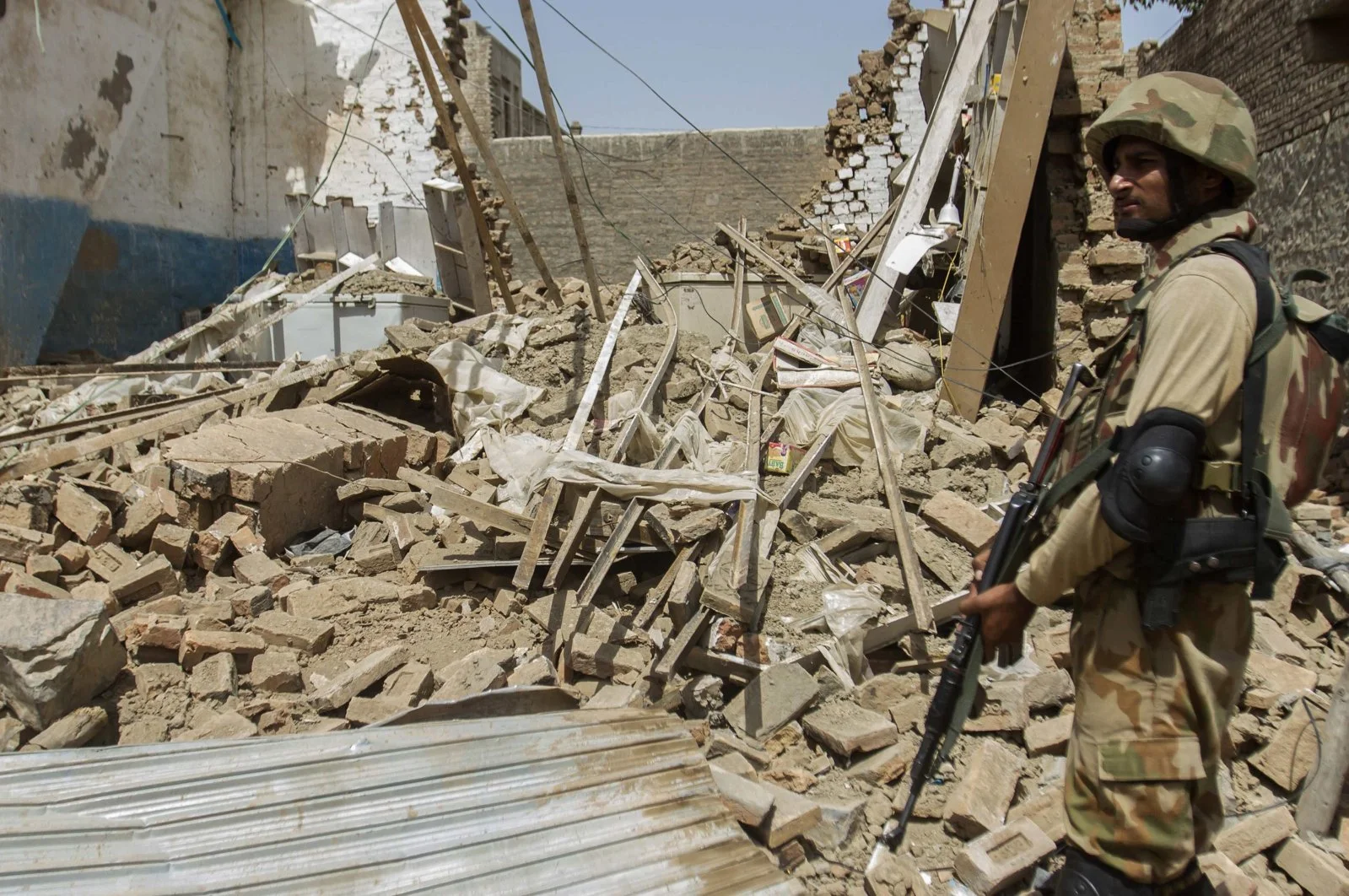
When Advocacy Aligns With Proscribed Narratives
The Islamabad court’s ruling against Imaan Mazari and Hadi Ali underscores the tension between free expression and national security. Advocacy that aligns with proscribed terrorist narratives risks legitimizing terrorism while overlooking civilian suffering, emphasizing the need for responsible engagement with sensitive issues.



